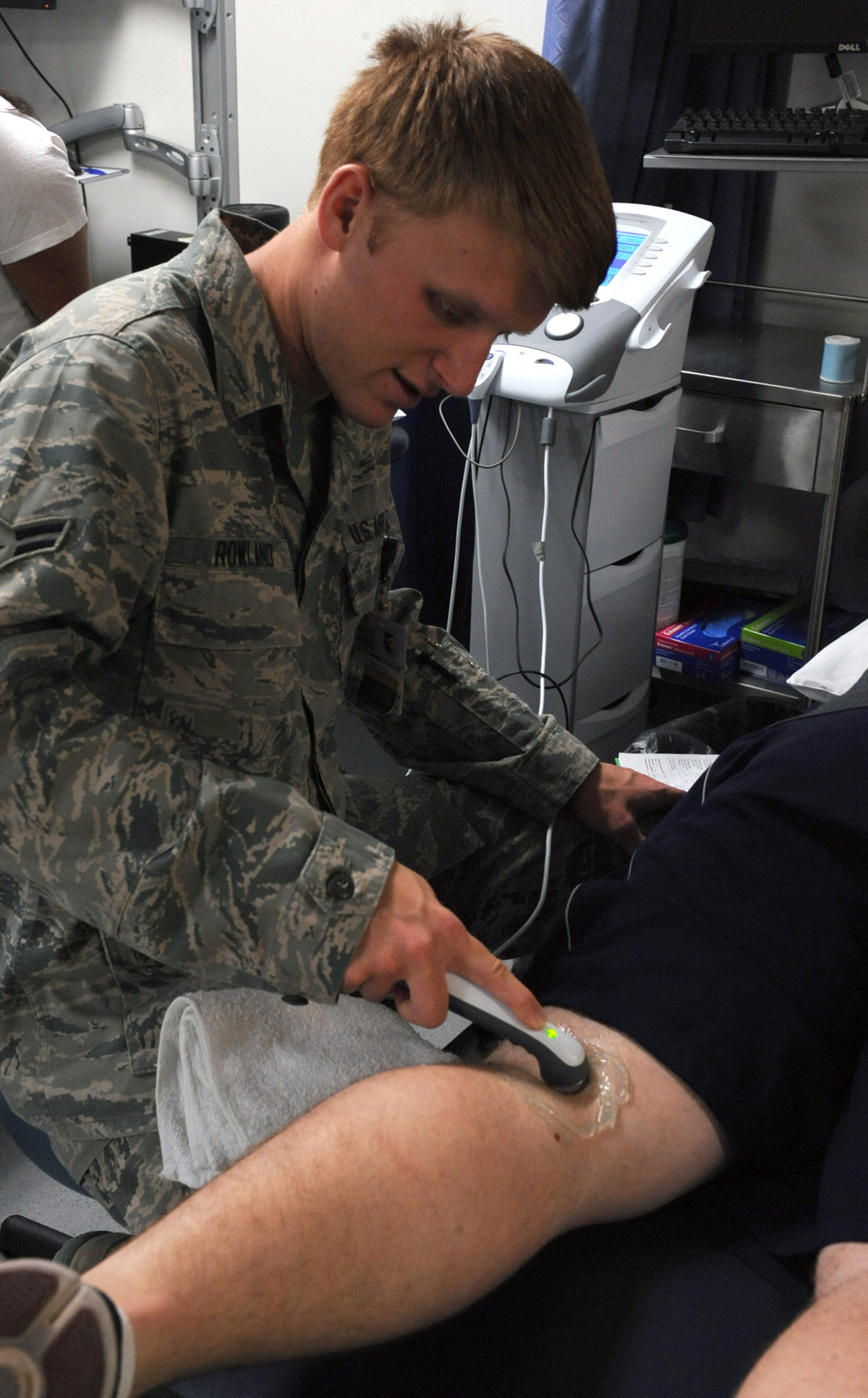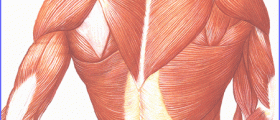
Muscle spasms and the main causes
Muscle spasm is nothing more than a sudden and involuntary contraction of some muscle, which can sometimes be painful, but does not last long. This involuntary contraction is also called a cramp. It is not the same as a muscle twitch, when only one small part of the muscle is moved. A number of reasons might provoke muscle spasms, and some of them are not serious at all (such as tiredness, overstretching, or overuse of the muscle in question), while others are severe medical conditions. This means that trained athletes, particularly those who are into strenuous workouts, are at high risk of experiencing muscle spasms, especially if they do the exercises in an environment that is hot. On the other side, since muscle cells need water, sodium, potassium, magnesium and glucose, insufficiency of any of these elements, as well as abnormal supply, will also cause spasms in the muscles. Conditions such as atherosclerosis, diabetes, anemia, multiple sclerosis, or other diseases of nervous system, injuries to the spinal cord, diseases of kidneys, thyroid gland and dystonia (or movement disorders) might also manifest through the muscle spasms. When having in mind the number of possible causes, it is easy to conclude that the treatment depends on the culprit, which means that it is highly recommended to visit the doctor first, because he will be able to set the diagnosis.
Muscle spasms in the legs and ways to relieve them
As for the muscle spasms in legs, the fact is that calves and feet are most frequently affected areas. The spasms may last for several minutes even, and it is particularly uncomfortable and annoying if they are accompanied by pain. Besides overuse and overstretching the muscles in question, other causes of muscle cramps in legs can be neurological disorders, various diseases, poor circulation, excess consumption of alcohol, but the fact is that even pregnant women might suffer from this problem, as well as those who use certain medications, such as diuretics, for example.
Several things can be tried before deciding to visit a doctor, and among those that are most helpful are keeping pillows under the feet while sleeping, massaging the legs with olive or coconut oil, soaking legs in warm water for not more than 5 minutes, drinking chamomile tea and moderate exercising. If none of these suggestions helps, it is highly recommended to visit a doctor.

















Your thoughts on this
Loading...